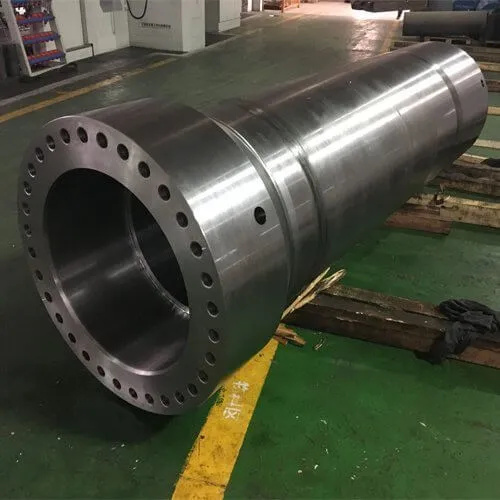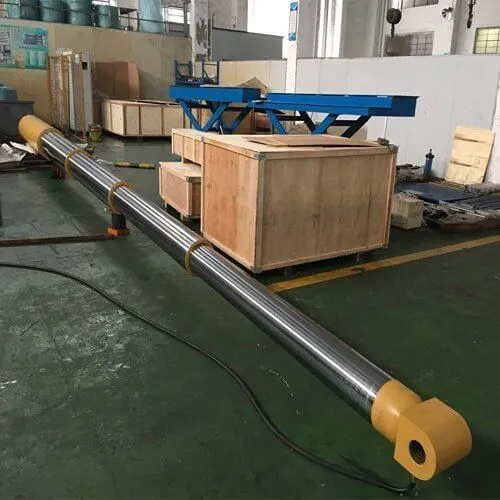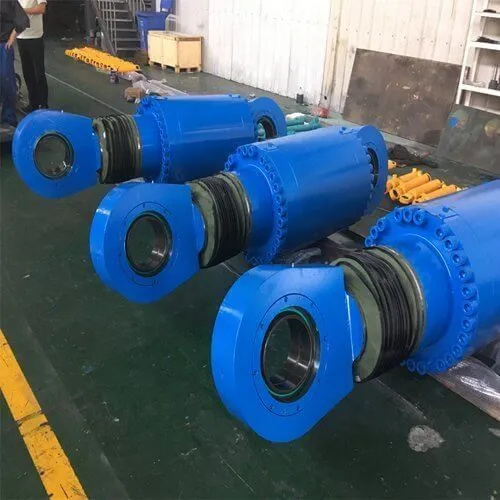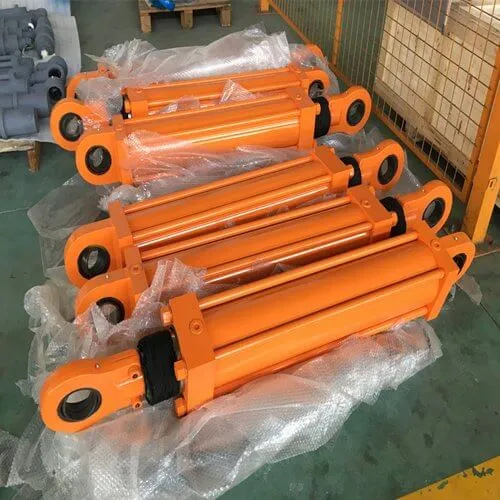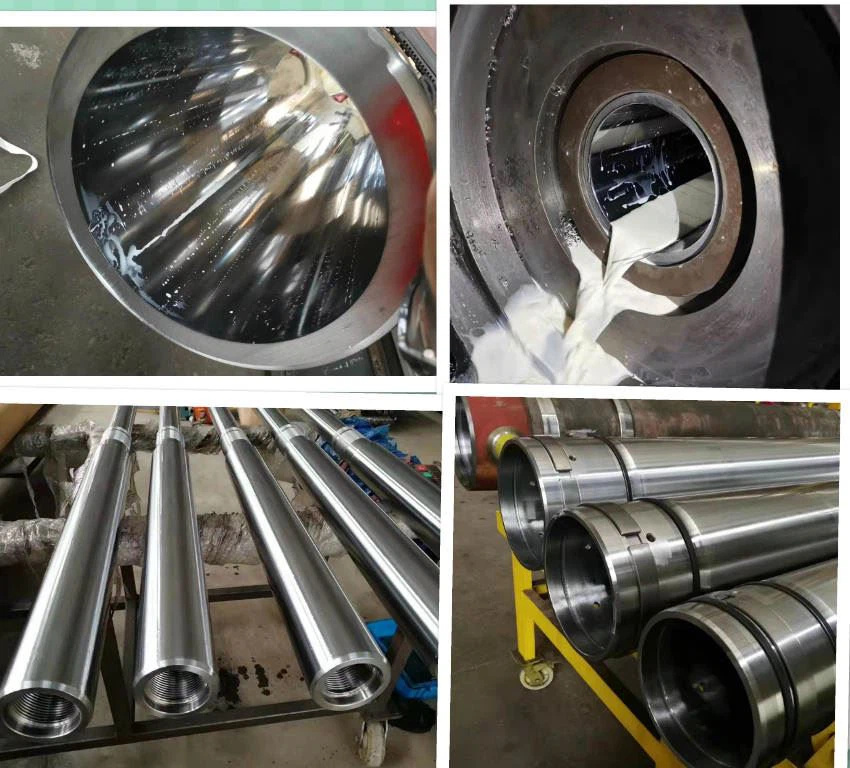A hydraulic cylinder is a device that converts hydraulic energy into mechanical energy, generating reciprocating or swinging motion in hydraulic actuators. It is a simple and reliable mechanism widely utilized in hydraulic systems. When used for reciprocating motion, it eliminates the need for deceleration devices, offers a smooth motion without transmission gaps, and finds extensive applications across various machines.
The output force of a hydraulic cylinder is directly proportional to the pressure difference on both sides, which correlates with the effective area of the piston. The basic components of a hydraulic cylinder consist of a cylinder, cylinder head, piston, piston rod, seals, cushioning device, and exhaust system. The inclusion of buffer devices and exhaust systems depends on the specific application requirements, and these additional components are indispensable in certain scenarios.
Advantages and Disadvantages of Pneumatic and Hydraulic Cylinders:
1.Pneumatic cylinders are suitable for low-power applications as pneumatic systems typically operate within the range of 0.2-1.0 MPa. On the other hand, hydraulic cylinders can be used in high-power devices that utilize hydraulic systems.
2.Pneumatic cylinders benefit from the availability of unlimited air as a medium, with no associated cost or supply difficulties. The exhaust gas is released directly into the atmosphere, making it convenient and pollution-free. In contrast, hydraulic systems require hydraulic oil, which incurs costs and can present challenges in terms of supply and environmental impact.
3.Air has a lower viscosity and offers less resistance compared to hydraulic oil.
4.However, compressed air has a significantly higher compressibility compared to hydraulic oil. Consequently, pneumatic cylinders exhibit smoother operation but may have a delayed response.
5.The hydraulic cylinder system plays a vital role in converting hydraulic energy into mechanical energy and can be integrated with various transmissions to accomplish a wide range of mechanical movements. Hydraulic cylinders are characterized by their simple structure, high output force, stable and reliable performance, ease of maintenance, and versatile applications.
